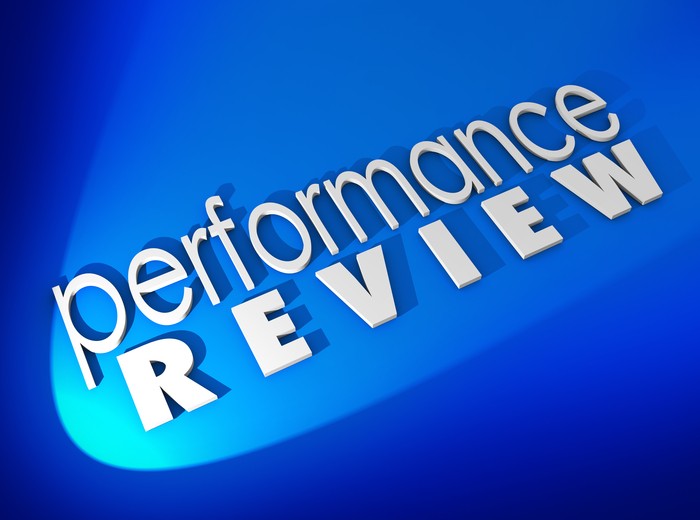
Performance reviews form an integral part of working life; they are a traditional form of evaluating employee performance and they incentivise employees to work in accordance with a company’s standards. In theory, this is a very beneficial process to maximise the productivity of workers. However, some businesses are starting to move away performance reviews, regarding them as nothing more than an outdated formality with no real incentive for increased productivity. Typically, performance reviews are done every six months or annually; the problem is that they lack any real engagement with workers as they fail to provide any immediate informative feedback. In a modern working environment, employees want open communication and consistent feedback to improve their productivity.
Companies such as Intel, Adobe, Accenture and many others have scrapped annual performance reviews in favour of more responsive methods that enable frequent and consistent communication between managers and employees. In recent years, Adobe has accomplished this by swapping their annual review system for more meetings, at least once a quarter in a less formal setting. These meetings do not involve paperwork and aim to achieve genuine discussions regarding expectations, feedback and development. The changes at Adobe have also been successful in reducing the number of employees quitting by 30%, which they owe to employees viewing performance check-ins in a more positive light.
In addition to honest and open communication, performance reviews typically fail to guide employees towards their individual goals. To address this issue General Electronics (GE) created their own ‘Performance Development at GE’ app, or ‘PD@GE’; a system that allows managers to personally coach employees, in a less formal setting, on their individual paths to help reach their career objectives. Communication is also improved by allowing employees to request feedback at any given time, using the app, from any manager. GE claims the app presents a shift away from grading employees based on their performance towards a focus on positive feedback to meet each employee’s needs for improvement. What matters as an alternative is the change in attitude where the app is merely a tool to facilitate a manager’s role as a coach for his or her employees.
Not only is it important to set clear goals for employees to improve performance, but companies like Intel and Google have seen a benefit in making objectives more transparent to show employees how their work contributes to their company as a whole. At Google, goals are assigned using their implemented system; ‘Objectives and Key Results.’ (OKRs) The system assigns a priority of measurable goals for each quarter which can be assigned by anyone, whether they are at a staff or management position. Goals are then made openly available across the company to provide clear communication and to create focus. OKRs can also be split up at each level from company OKRs, to team OKRS and finally to personal OKRs where each objective is a branch of the main company objectives. The advantage of such a system is that it gives each employee a clear picture of how their job impacts the company, thus creating an incentive for teams to share and meet their own goals.
When it comes to replacing the dreaded annual performance review, the aim should be addressing the issues of such an outdated practice. In the modern workplace, employees need to be valued as individuals and kept engaged with their job. Communicating clearly what is expected of employees, guiding them towards their own career goals and showing how valuable their work is to a company as a whole, presents a much more practical approach to performance management, and it could contribute to significant improvements in company productivity.
Edward Mah
Sources
https://www.fastcompany.com/3054547/six-companies-that-are-redefining-performance-management
https://www.fastcompany.com/3052135/the-future-of-work/why-the-annual-performance-review-is-going-extinct
https://blog.betterworks.com/keys-okr-success-qa-john-doerr/
http://www.globoforce.com/gfblog/2016/executives-performance-management/
https://www.wsj.com/articles/SB122426318874844933
https://qz.com/428813/ge-performance-review-strategy-shift/
